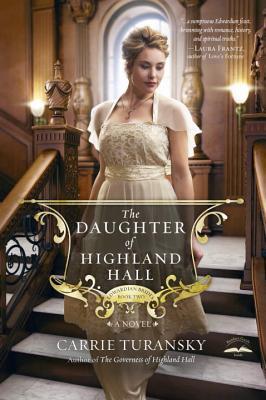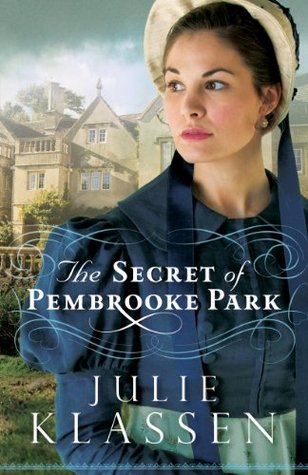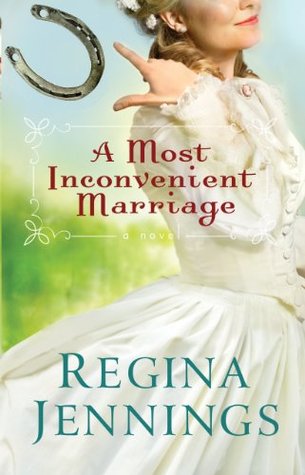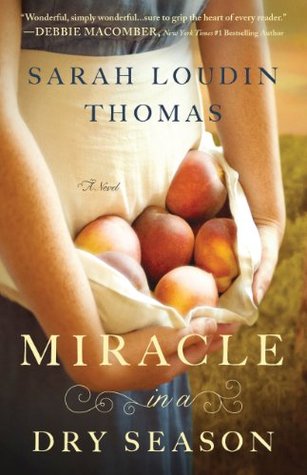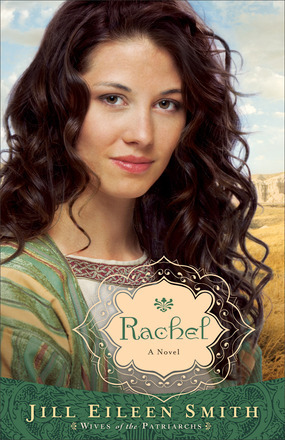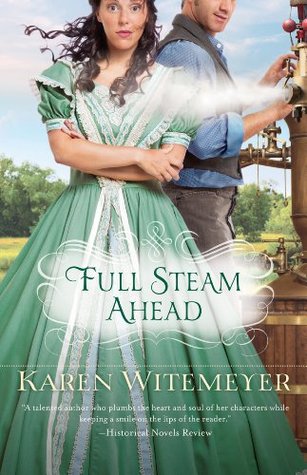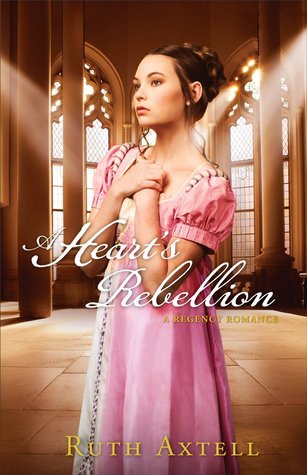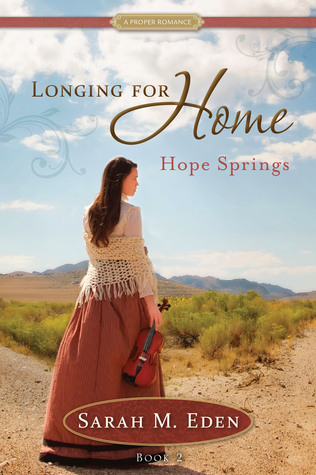
Hope Springs
All is not well in Wyoming. Katie Macauley gave up her life-long dream of returning to Ireland in order to make a home for herself in Hope Springs, but her future has never been so uncertain. The town is more divided than ever, with both the Irish and the Reds stealing property, burning buildings, and endangering lives.Katie’s heart remains sharply divided between her love for playful Tavish and steady Joseph, a decision she feels ill-prepared to make. In the midst of the growing unrest, temperatures drop quickly, too quickly, and Irish nightmares of famine and cold resurface as the little Wyoming town struggles to beat the harsh winter.
Katie makes one sacrifice after another to keep the peace and help see her loved ones through the difficult days ahead, but will it be enough? Can the town make amends before their hatred consumes them all? And will Katie find the love she has been searching for as well as a home to call her own?
My Review: 10/10
Oh Oh OH! This was so unexpected.
This book has stayed on my mind since I finished the first one many months ago. As dissatisfied as I was with certain aspects of the first book, I was unwilling to pay any money at all, let alone over $10 on Amazon for what I believed I'd never read again. But I had to know what happened! How was everything resolved?! Who did she choose?! What of her family?! Etc. etc. etc. Thus began my long library hunt. Finally this past weekend, my book arrived. I was not expecting much pleasure, but rather relief from finally getting answers.
To say it simply, this book had everything the previous one lacked. It was a thing of beauty.
I read this book as a standalone novel; it had been 8 months since I read the first book and I did nothing to refresh my memory. Therefore, any previous irks and irritations did not carry over. It should be noted that it does stand firmly on it's own. Actually come to think of it, I would probably recommend this book be read on its own. Probably. Mmm, maybe. I don't know, I'll have to think on it.
I can't remember the last time I was so emotionally moved by a book that I cried, but this one hit me hard. I'll be brief because my emotions are still too close to the surface.
The romance and Katie's ultimate choice was so well done, so natural. Yes, extreme circumstances kind of threw spotlights on the situation. That would normally frustrate me as it would seem to be taking the responsibility of making a choice from the character. However, this was not the case. The choice was already being made, life just happened. So I was at peace with it.
Most of the resolutions/townspeople I thought were done believably as well. I understood some of their difficult positions and impossible choices.
I cheered inwardly when Joseph finally took a stand. I cheered harder when Katie stayed true to her (flawed, in my opinion) character and disagreed with him over it. I loved that there were consequences for making the right choice. That's so often true for life and I think seeing a character struggle with that and ultimately choose the right thing anyway is so admirable and encourages us to be courageous and upright too. And then Joseph got through to Katie too. So. Good. Ahhhh.
There is just so much good to say about this book. The people, the history, the hurts, all of it, was so realistically done that I felt like I was there, dealing with irrational, hardheaded people, that I sometimes wanted to comfort and sometimes wanted to shake. This book so openly and honestly deals with racism in a time when it was not just common, it was the foundation of the country, of every community. Though we try to pretend it doesn't exist anymore, it does. And even if it didn't, it would still exist as a very important part of all of our histories and our humanity, as this book so poignantly illustrates.
My tiny complaints are thus:
No epilogue?! I'm torn. I love the fact that this book looks like a sequel with no intent to turn it into a trilogy. I would respect the author and this book/set SO MUCH MORE if they would hop off the trilogy train. Just 'cause all the cool kids do it doesn't mean you should too! Some things are made weaker by stretching them out thinner than they were meant to be. On the other side of the same token, I would love another book about these people. I feel like Katie's story is done. But I've always wanted to know Finbarr's story, even more so now. And I just wanted to check in with the town and see how they're doing, healing and growing. I feel like this could have been accomplished with an epilogue, though a spinoff story of Finbarr's wouldn't be unwelcome. Perhaps a novella? I don't know. I'm disappointed that I felt like I didn't get to see enough of the aftermath/healing when I had been immersed in the ugliness and pain for so long. But I'd also likely be disappointed in a whole third book that dwells solely or mostly on that topic.
Second issue- did Bob Archibald fall off the face of the planet?! What happened there? It seemed like Ms. Eden forgot about him. He was briefly mentioned as not being given a respite on the eviction, but that's it. *SPOILERS* *SPOILERS* He was a proven murderer and arsonist. He almost killed several others. What was done about it?! Where did he go? How was he convinced to leave? I felt very unsettled about this.
